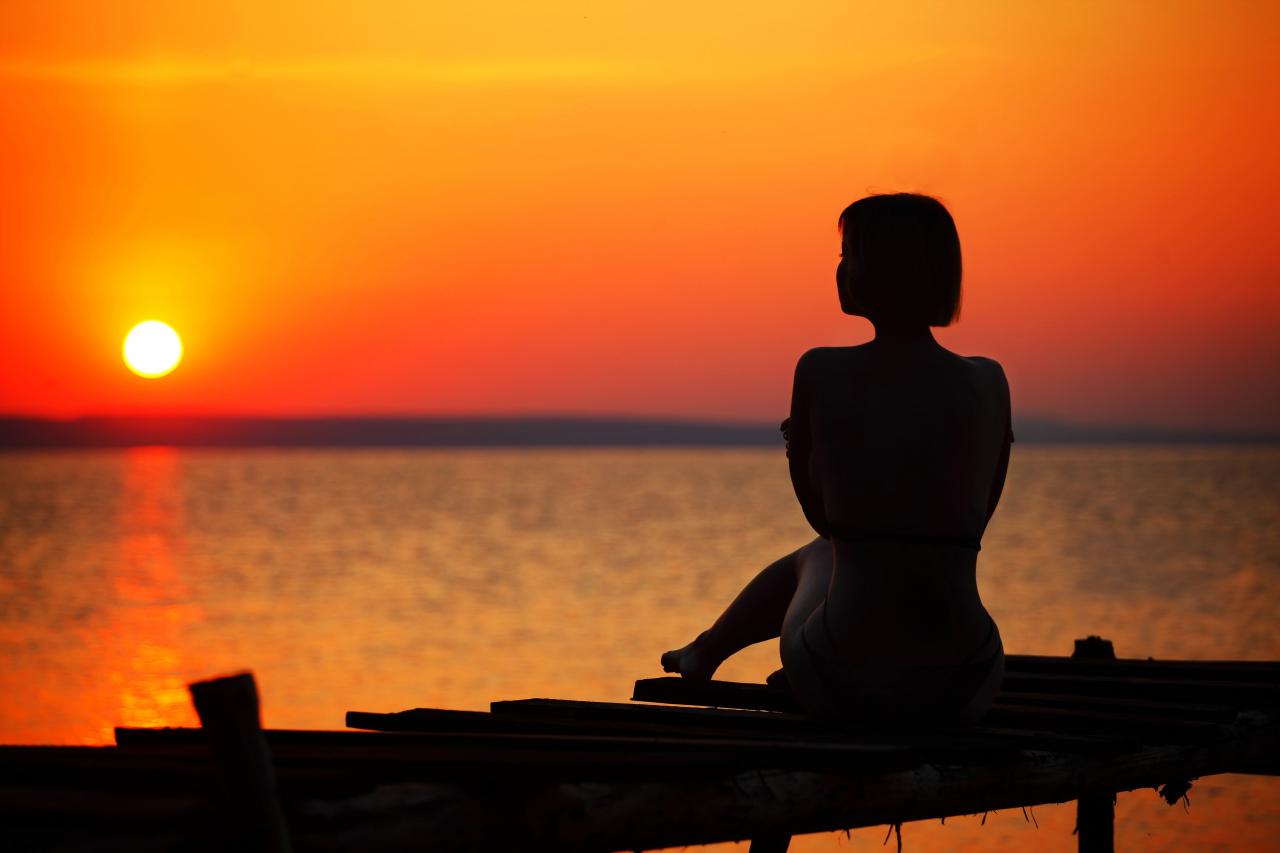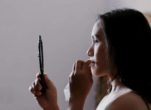
Those Moments of Dusk
I wasn’t hit hard by the reality until the news unfurled like a wildfire, catching attention from people of all races around the globe as it flashed: Black Lives Matter.
For the first time in years, I sensed an uneasiness and insecurities resurfacing in me that I had concealed under the layers of daily fairness creams my entire life—just to fit into my society. The obsession with being white in order to be acceptable in our society had put pressure on me right from a tender age.
I hail from the southern part of India, where the majority of people are dark-skinned, unlike the northern part of the country. And giving birth to a fair-skinned baby is seen as nothing less than winning an Oscar.
My first encounter with racism was at the age of eight when a boy at my school shouted “Kalloo” at me, which means black in Hindi. There wasn’t anything unusual about the word black, but as a little girl, I got offended, not knowing why. That evening after returning from school, while taking a shower, I kept on rubbing a loofah on my body, thinking that maybe it would lighten my skin color or remove the dirt on my skin. Well, I had to give up this method of turning fair-skinned, because my method failed failed miserably, leaving me bruised.
Being called black had already placed the first brick of insecurity on me. It wasn’t easy growing up in a class of 40 students, where 99% of kids were light-skinned, making me feel left out. Again, puberty had its challenges. You know how it feels when a guy you have a crush on finds you non-existent. Another blow to my already punctured soul. The feeling of not being good enough had now decided to build a foundation in fragile me.
I finally walked out of school with a sigh of relief, expecting a different atmosphere in college, but to my surprise, the number of the opposite sex who liked me never went up. I often looked at myself in the mirror, assessing my body; I felt flawed. By now, I had so much desire in me to be validated and appreciated by people, especially by the opposite sex, that I succumbed to the pressure to appear more white.
I started using all the fairness products endorsed by the fairest Bollywood actresses and relentlessly spent on the beauty products to hide my insecurity. My confident facade didn’t want to give the slightest hint to the world of how insecure I was on the inside—that I was trying every possible way to not show up my true self.
I turned 22, and my parents asked me to see a handsome young man who was a marriage prospect. The boy’s family came to see me a few days before the wedding as part of the tradition. Until then, they had only seen my photographs, clicked by the best photographer in our vicinity, who ensured that I resembled someone who was dipped in a tub of milk. Suddenly, the boy’s mother mumbled to her husband, “Everything is good about the girl, but she is dusky.”
At that moment I felt that all my education and intelligence were of no use, as once again I would be measured by my skin color. The constant sneer from my husband’s mother after marriage, about how her son had received interest from so many light-skinned girls and yet he chose me, made me feel undervalued. I started losing my self-confidence but chose to do nothing about it.
A year later, our daughter was born. The nurse at the hospital excitedly handed her to me and said, “The baby is fair-skinned.”
And then, a few days after the delivery, my husband made a remark about how ugly, fat, and dark I had become and how he had no more desire left for me. This is perhaps the worst thing any wife can hear. My heart, which was already bruised and punctured since childhood, was broken.
That day, my world changed. I was forced to look inside and see my insecurities in a new light. I told myself, “I didn’t choose my color; God made me in the best possible way he could.”
I started searching on the Internet about the influential women around the world, and my eyes fell on images of Oprah Winfrey and Michelle Obama—powerful women with confidence. I also searched on the ways Indian actresses were undergoing skin-lightening treatment just to retain their jobs. Thankfully my job never demanded me to be white-skinned to get the promotion; it was the sheer caliber of my performance that led me to be successful.
That day, I looked in a mirror and embraced my duskiness with confidence. I said to myself, “You are still sexy and beautiful.” It’s a line I say to myself every morning as I stand in front of the mirror.
One thing I have learned from my life is this: The more we run from our insecurities, the more they haunt us and give people the power to try to make us feel small. We have the choice to turn it around—to embrace the insecurity as a badge of our beauty and uniqueness, and to own it proudly.











7 comments to "Those Moments of Dusk"